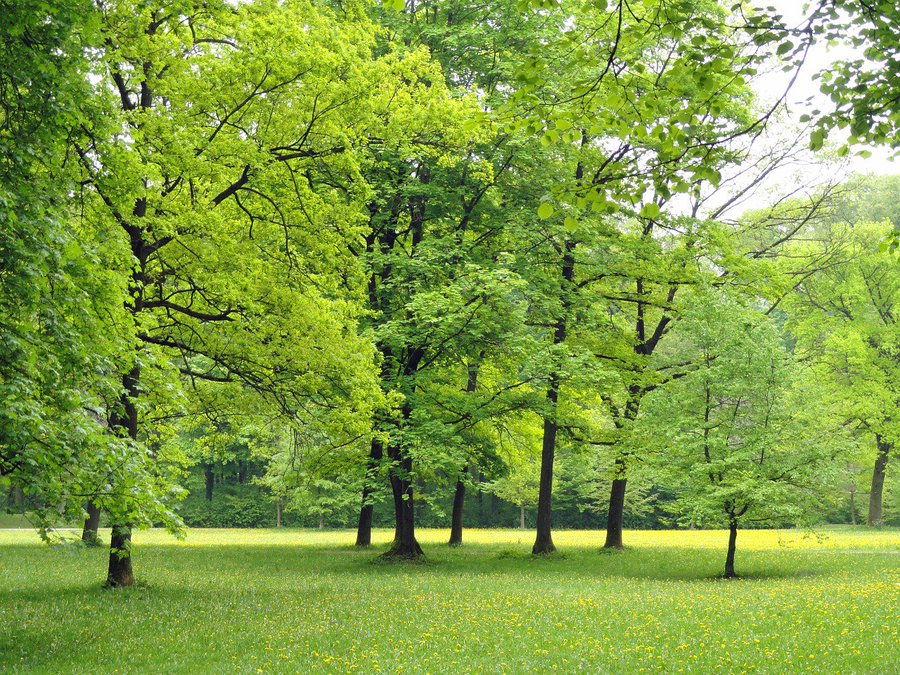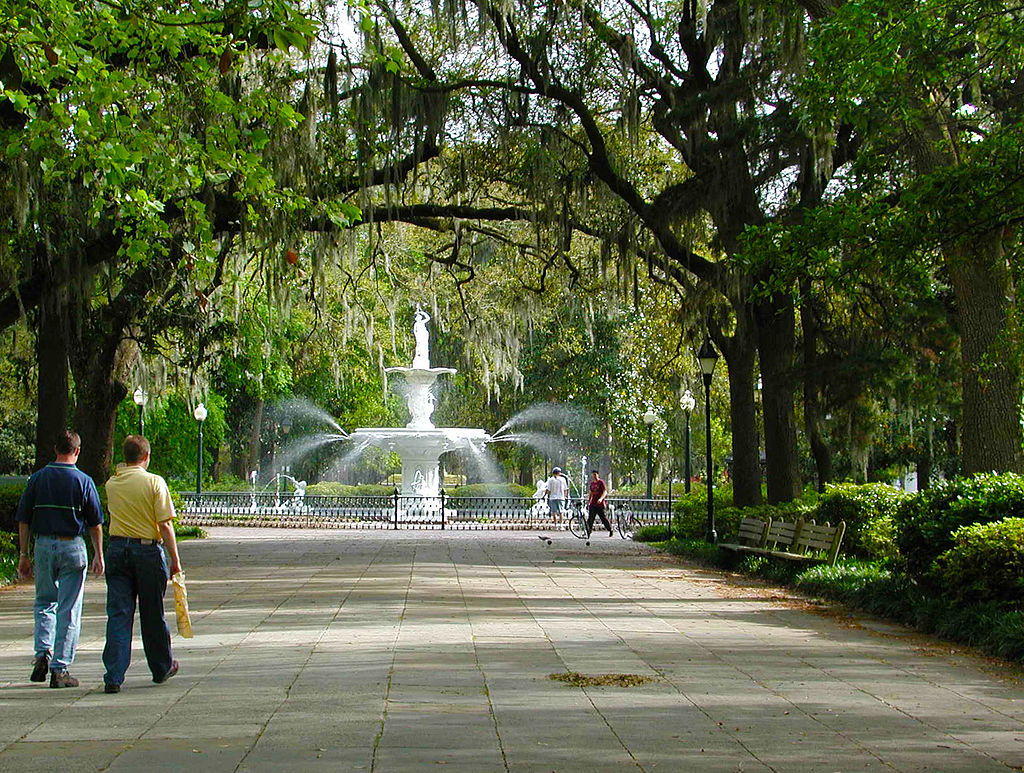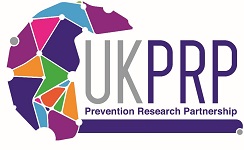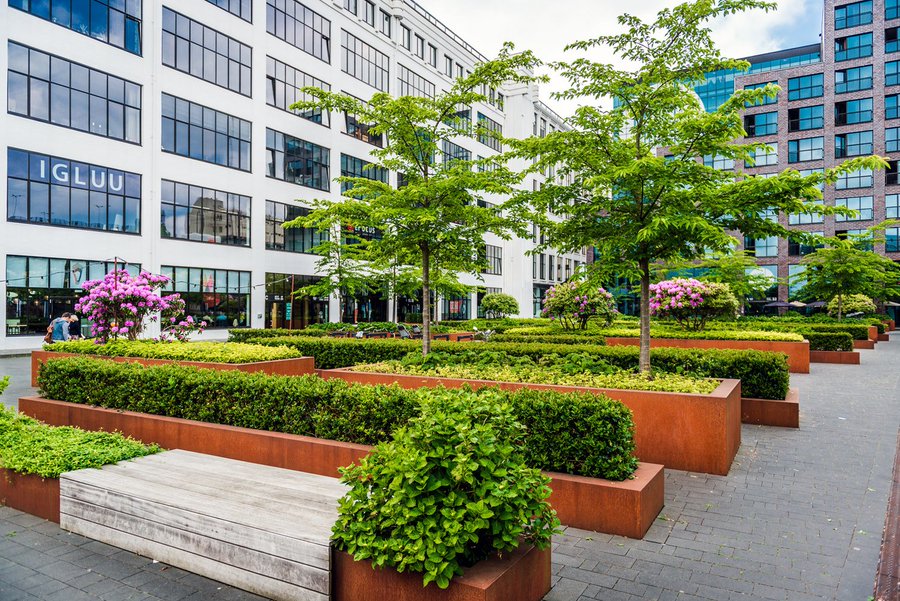How will everyone live within 15minutes of green space?
On 1st February 2023 the government announced that every household in England will be within a 15-minute walk of green space or water, under a major environmental plan. Dr Wendee Zhang investigated what that really meant...

Natural England launched their green infrastructure framework on 31st January 2023. Their plan set a new goal that everyone in England should be within 15 minutes of their nearest greenspace. This ambitious framework has the potential to improve our health and wellbeing significantly. The framework is the embedded part of the Environmental Improvement Plan (EIP) 2023, which is the revision of the 25 Year Environment Plan, first launched in January 2018. The framework noted the benefits of green infrastructure for physical and physiological health and acknowledged that the inequality and inaccessible issues of green infrastructure always overlap. The design guide of the framework includes one section on access to nature and supporting health benefits.
While their report is widely welcomed, we believe that it could go further when considering how to fully integrate health and wellbeing into its environmental plans. Their headline goal that all England residents will be within 15 minutes walking of their nearest green space' (including neighbourhood, local and doorstep green spaces) was set without a clear time frame. Without a clear roadmap for achieving their goal, their ambitious plans may take years to realise through a lack of urgency. There is also uncertainty on the scale of the problem in understanding who and where has good access by their metric. For example, the BBC reported alongside their coverage of the framework launch that 28% of UK residents don’t have access within 15 minutes, whereas Natural England have said that it could be as high as one-third. This is something that Groundswell will explore.

The framework also omitted the direct health benefits of urban green spaces and blue spaces when talking about designing healthy places. Previous research has demonstrated an association between access to green space and health benefits, including identifying the mechanisms or reasons for this relationship. Policymakers, especially planning authorities, need to prioritise this agenda in the plan that will affect the country in the coming 25 years. Additionally, they need to consider the associated co-benefits of green space to help alleviate health concerns due to climate change.
Green space access is highly unequal, with people from more deprived areas having poorer access. Improving access to urban green and blue spaces is also not equal to usage. We need to design green spaces that are inclusive to every community, particularly those who do not currently use or have access to these spaces. Ideally this would be through co-developing new spaces or renovating existing ones with local community groups. Natural England’s framework might help to not only improve overall health and wellbeing, but indirectly narrow social inequalities which are so difficult to tackle.
Groundswell’s particular innovation is enhancing effectiveness of urban green infrastructure by connecting systems together through co-production, data sharing and community engagement. Given the fact that green infrastructure framework is voluntary for local councils that largely affect the operational practices. Groundswell fill in the research gap by understanding the needs and motivation of local communities including business, organisation and residents. Our researchers are embedded in Local Authorities, and we work to involve local communities to improve our environments, having wider positive impacts for everyone.
Next, we will use the GI framework to evidence the changes that have occurred over the past decade. These are both the changes in the provision of green spaces, and relationship with small area deprivation, and with key health outcomes, including mental health care utilisation. We are generating evidence on what works for improving health and tackling inequalities, from building new parks, to greener modes of transport, building safer communities. All of these may provide support for the implementation of the framework.
Wendee Zhang, Liverpool
View ProfileMedia
groundswell@qub.ac.uk





